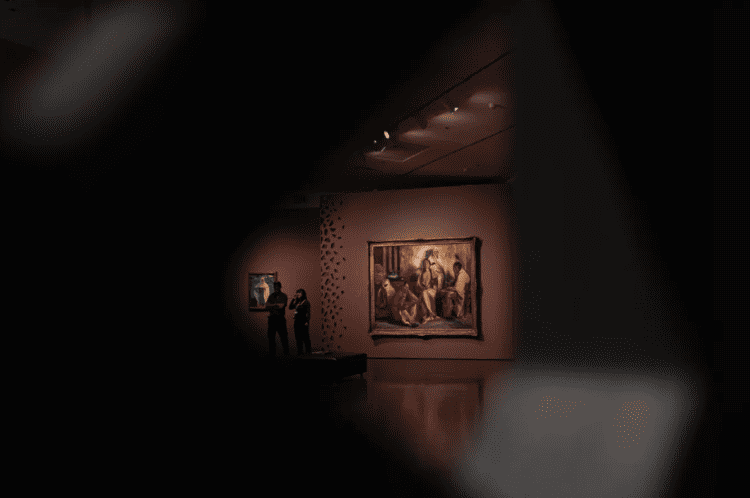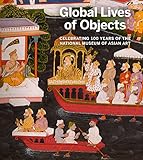via Colorado Sun, 14 May 2023: Reflecting a broader movement in museums worldwide to reassess curatorial practices and engage with community perspectives, particularly regarding representation, equity, and rightful ownership of artifacts.
Discussions urging repatriation have been occurring for some time among Western museums and nations. But in recent years, and particularly since the 2020 racial justice protests, followed by a swell of public pressure and media coverage, there’s been an escalation in dialogue and action: museums in Germany, Scotland and the U.S., among others, have pledged to or begun the process of repatriation.
ProPublica released an extensive reporting and data endeavor called The Repatriation Project, highlighting how U.S. museums still hold hundreds of thousands of Native remains despite NAGPRA. Hundreds of remains are still in the collections of Colorado museums.
The topic of ethical questions around Western museum collections and auction houses even captured the attention of television show host John Oliver last fall. He aired a 34-minute segment during an October episode of his HBO series “Last Week Tonight,” speaking at length about museums’ reluctance to repatriate stolen pieces, how some sacred items sit indefinitely in storage, and provenance, essentially the history of an artwork’s or artifact’s ownership.
At the center of his report was the British Museum, which has been reluctant to grant repeated repatriation requests, including ones from Greece, which has been demanding the return of the country’s Parthenon Marbles for decades.
“If I could impress one thing on you, it’s that when these objects end up in the West, we put them behind glass and we call them ‘art,’” Oliver said. “But in their home context, they can be much more.”
Source: Denver Art Museum reckons with how it curates art amid scrutiny

























